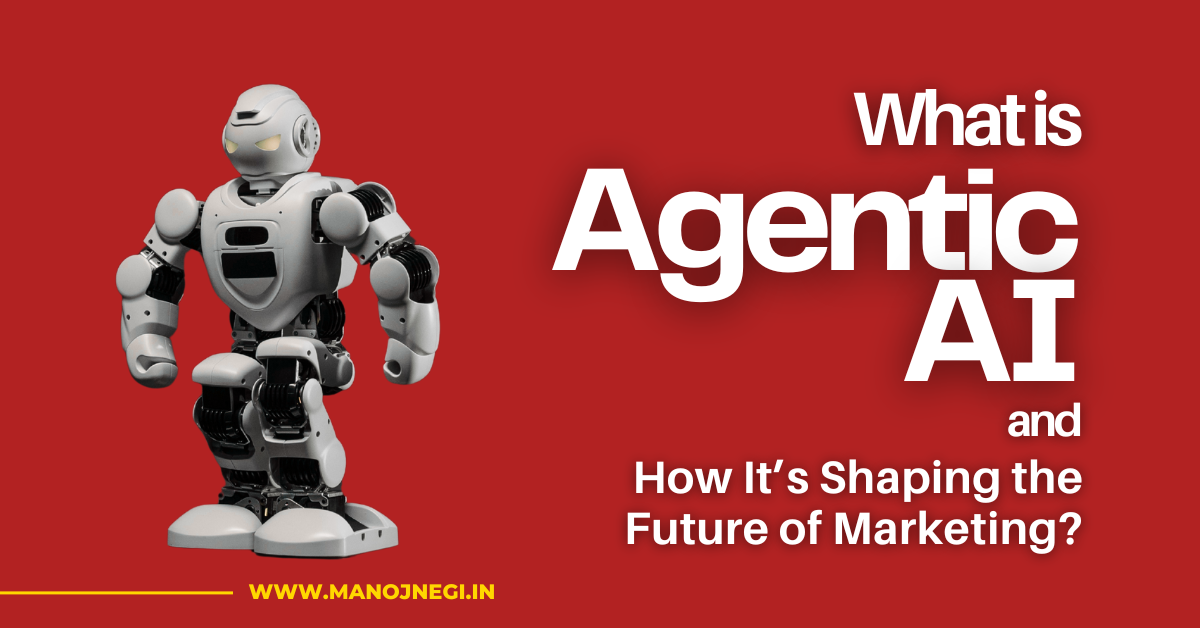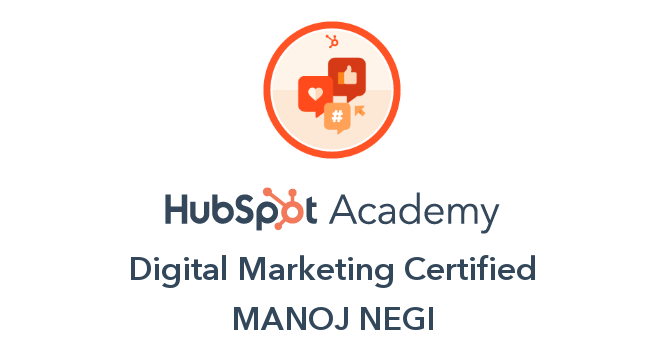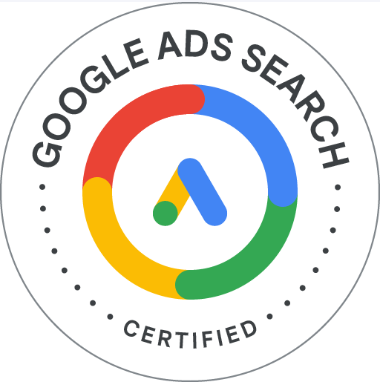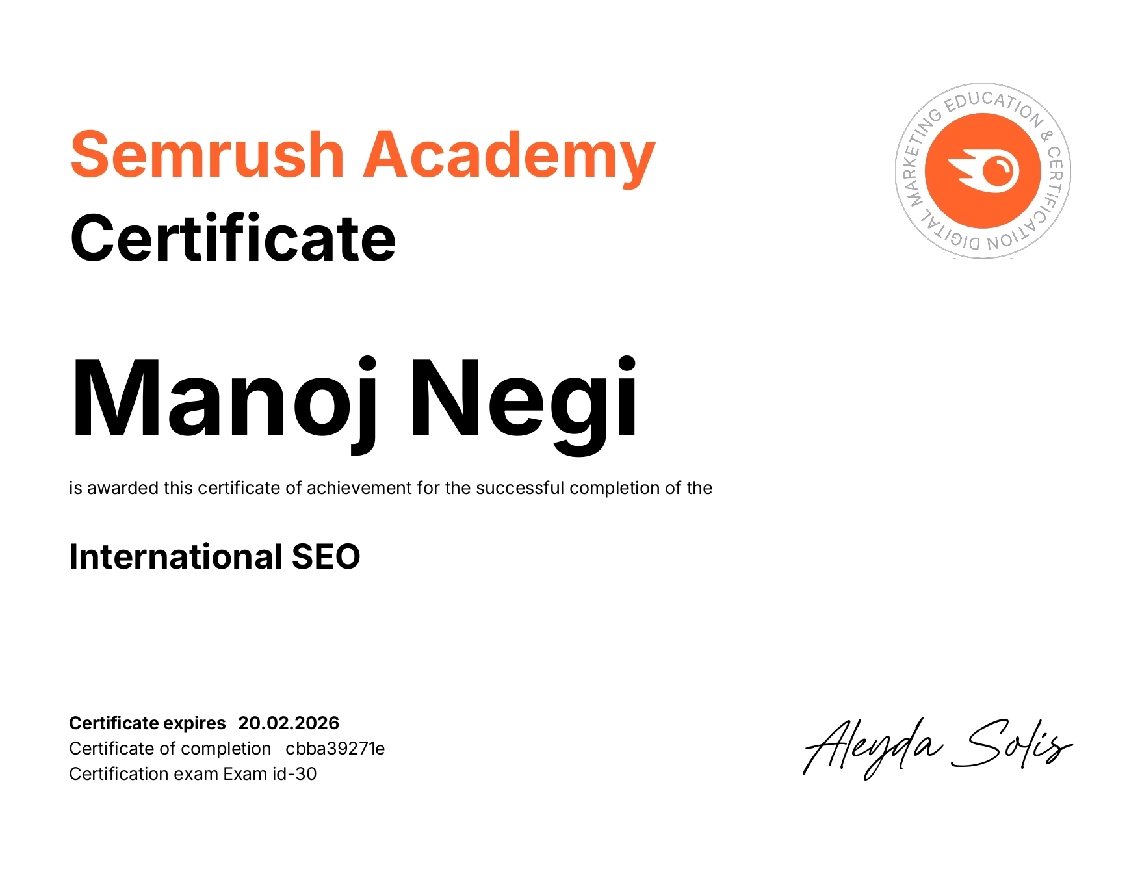Artificial intelligence (AI) is evolving too fast. While we are still learning about generative AI, a new AI thing known as “Agentic AI” has made it presence.
Generative AI takes queries (prompts), processes it, and generates responses that sounds like natural text. Agentic AI is a step ahead, it has the ability to take actions. Businesses have already started to focus on Agentic AI to enhance customer experience by optimizing their strategies.
In this post, we will discuss about Agentic AI in detail along with the reasons why it is becoming important and how it is shaping the future of digital marketing.
What is Agentic AI?
Agentic AI is one of the latest technologies in this ever-evolving automated digital landscape. The word “agentic” is derived from “agent.” It means a system that can perceive its environment, make decisions, and act toward making decisions. Agentic AI is an autonomous system that analyses and process a large amount of data to make strategic decisions.
Unlike generative AI, Agentic AI does not wait for human prompts. It can autonomously predict objectives, plan courses of action, and intelligently adjusts while handling real-world complexities.
For example, traditional marketing AI tools can suggest subject lines for email marketing campaigns. On the other hand, Agentic AI systems can handle everything from start to finish, meaning they can design the campaign, run it, monitor results in real time, and optimizing according to the analyzed data and audience responses. More than a tool, Agentic AI can serve as a dynamic teammate.
What Are the Key Features of Agentic AI?
1. Autonomous
Agentic AI can handle tasks automatically without any human intervention once it understands the goal set by the user. It has the ability to explore various solutions rather than being stuck executing a single tactic.
2. Adaptability
Conventional AI models work on a fixed training data. However, Agentic AI can adapt to different circumstances in real-time by analyzing user behavior. For marketing, it can help optimize campaigns automatically according to the changes in trends and audience responses.
3. Reasoning Capabilities
These AI systems can break complex queries into subtasks and evaluate different strategies to choose the most effective way of achieving the desired outcome.
4. Continuous Learning
Agentic AI is designed to continuously improve rather than being static. It assesses feedbacks & responses and refine its strategies to deliver much improved results.
Why Agentic AI Matters for Marketing?
Digital marketing is dynamic and it needs to evolve according to the changing technologies, cultural shifts, and rapidly changing customer experience. As a results, businesses present on the digital platforms need to adapt to these changes as well.
Traditional automation tools are effective in handling repetitive tasks and they have significantly changed the way marketers used to work. But, Agentic AI has open up new horizons in the world of marketing. Here’s how:
1. Hyper-Personalization at Scale
Consumers nowadays are becoming smart. They seek attention and want brands to know their preferences, assesses needs, and then communicate accordingly. Here, Agentic AI can analyze customer interactions on multiple platforms, predict their intent, and create a personalized journey without constant human intervention.
2. Real-Time Strategy Optimization
Generative AI models can suggest different variations and marketers have to try all to identify which works the best. Well, this is not the case with Agentic AI, it can optimize campaigns in the real time based on the consumer behavior. Hence, you need not stop your campaign in between or wait till it ends to optimize it. For example, if engagement on a new product launch is lower than anticipated, Agentic AI can reallocate budget, test new messaging, or shift focus to different audience segments on-the-go.
3. Efficiency and Cost Effectiveness
By handling complex, cross-channel decisions, Agentic AI reduces the need for extensive manual oversight. This cuts costs while simultaneously increasing opportunities for creativity and innovation at the human level.
4. Enhanced Creative Collaboration
Rather than replacing human marketers, Agentic AI can complement them. It acts as a “co-pilot,” brainstorming campaign formats, testing variations faster than human teams could, and identifying growth opportunities that might otherwise remain hidden.
Real-World Applications of Agentic AI in Marketing
Let’s look into some practical scenarios where Agentic AI can transform marketing:
- Customer Journey Orchestration
Agentic AI can map out unique customer journeys for every individual, taking inputs from browsing habits, purchase history, social engagement, and even real-time contextual triggers to decide the next best action.
- Conversational Marketing Agents
Instead of pre-scripted chatbots, businesses can deploy agentic virtual assistants that converse naturally, resolve queries proactively, and even upsell or cross-sell intelligently by recognizing customer intent in real-time.
- Campaign Management
Imagine launching a campaign where the AI not only tests ad copy variations but also tunes targeting parameters, shifts budget across platforms, and ensures that ROI thresholds are continuously met without waiting for human data analysts.
- Market Trend Spotting
Agentic AI can scan consumer sentiment across forums, product reviews, and social platforms, then surface actionable insights quickly. This allows brands to pivot strategies before competitors even recognize those emerging shifts.
- Content Creation and Evolution
From writing long-form blog posts to generating custom video scripts or designing dynamic visuals, Agentic AI can play a role throughout the content lifecycle. Importantly, it evaluates how content performs and reshapes it accordingly, freeing marketers from repetitive optimization tasks.
What Are the Challenges Associated with Agentic AI?
Agentic AI will undoubtedly revolutionize the digital marketing industry, but there are also certain challenges that it may pose:
1. Security and Privacy
Agentic AI often requires access to sensitive information. This may raise privacy and security issues. Hence strict control measures are needed to prevent unauthorized access and ensure data safety.
2. Transparency and Reliability
As Agentic AI works autonomously without constant monitoring by human, questions regarding its reliability have been raised. LLM hallucinations can also add to one of the major concerns of Agentic AI.
3. Over-reliance
It is important to assess complication of overly relying on machines and giving them the power to make decisions. This can affect brand’s credibility and authenticity in the long run.
The Future of Marketing with Agentic AI
The evolution of AI, especially the introduction to Agentic AI, will significantly change the way businesses and consumers interact with each other. Soon in the future, we may see Agentic AIs handling marketing campaigns and optimizing them automatically based on the consumer behavior.
Above all, with the rise of Agentic AI, marketers may not measure their success with click-through rates rather, they will assess the success based on long-term relationships nurtured by AI-driven personalization.
Additionally, everything from performance tracking to audience segmentation may become autonomous. As a result, marketing teams will shift their focus on storytelling, generating values, and improving brand experiences.
Remember, Agentic AI is not about replacing humans marketers, but it is about exploring and expanding what marketing efforts can achieve.






